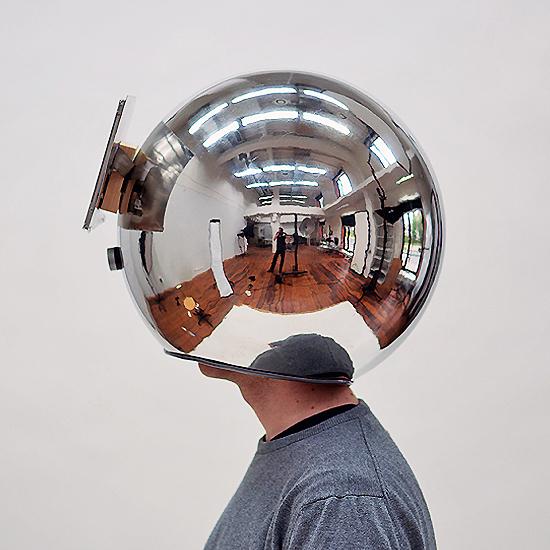
From my post over at Medium: All Technology is Assistive Technology—6 dispositions for designers on disability:
"Making a persistent, overt distinction about 'assistive tech' embodies the second-tier do-gooderism and banality that still dominate design work targeted toward 'special needs.' 'Assistive technology' implies a separate species of tools designed exclusively for those people with a rather narrow set of diagnostic 'impairments'—impairments, in other words, that have been culturally designated as needing special attention, as being particularly, grossly abnormal. But are you sure your phone isn’t a crutch, as it were, for a whole lot of unexamined needs? If the metrics were expansive enough, I think the lines around what’s designated as assistive would start to get blurry pretty quickly.
Undoing the distinctions between design for disability and design in general yields a couple of goods: It brings new attention to technologies that are profound in their use and impact on physical and political accessibility. The advanced replacement limbs, all-terrain wheelchairs, and exoskeletons you can find now are evidence of this new attention.
It also brings a productive uncertainty and a powerful friction to the task of designing technologies of all kinds. Whether you’re designing for an established need or seeking an application for a technical novelty, you might take more time before confidently assigning it to a user, or to over-determining its modes of deployment—it might be for practical ends, or for play, or for something else you’ve not yet imagined.
Instead of labeling some technologies and not others as assistive, let’s start like this: We’re all getting all kinds of help from the things we make. All kinds of help, all the time, for our many material and social and educational and political needs. Private needs and public ones. No one is exempt. Then the questions get really interesting: What can a body do? What needs are you interested in? Who might use which thing for what? Where might the surprises be? How might a familiar thing morph into something else altogether?"
I reworked some of the foundational Abler essay, and I've made six suggestions for designers looking at disability.
[image: Lorenz Potthast's Decelerator Helmet, via Engadget.]